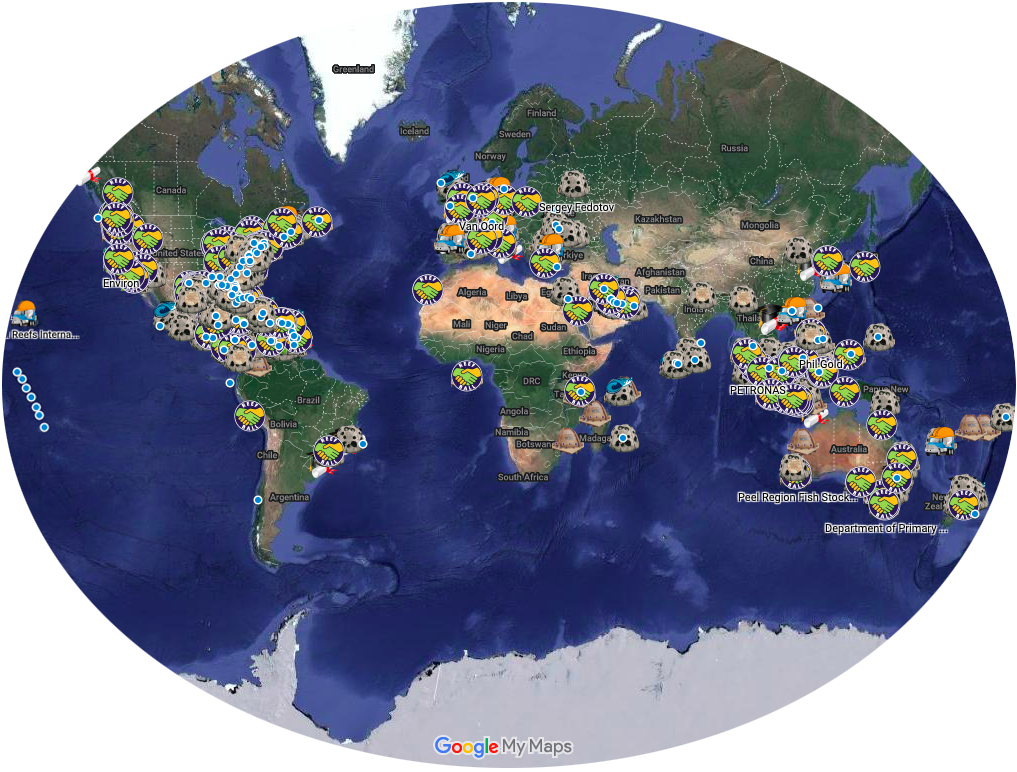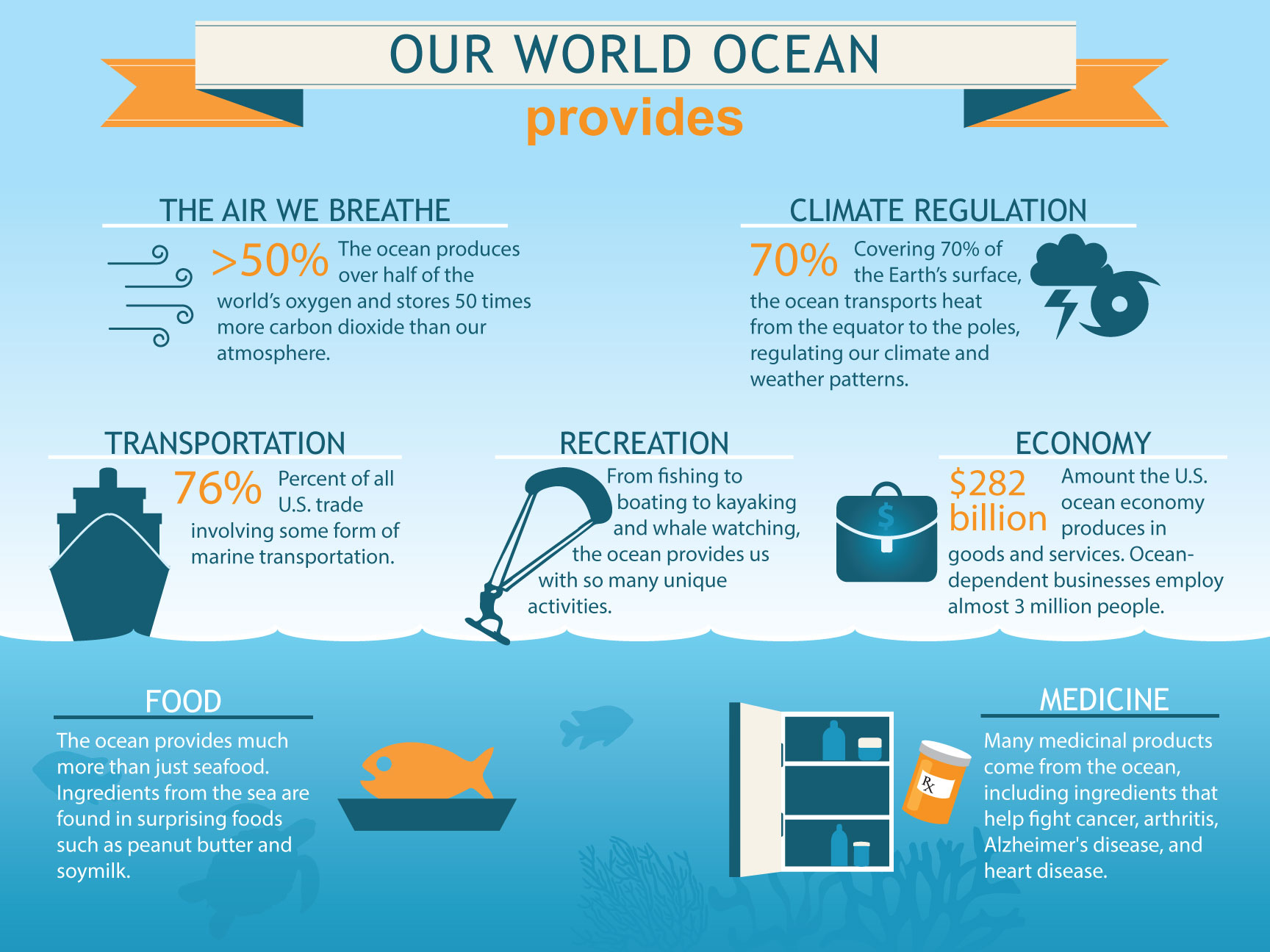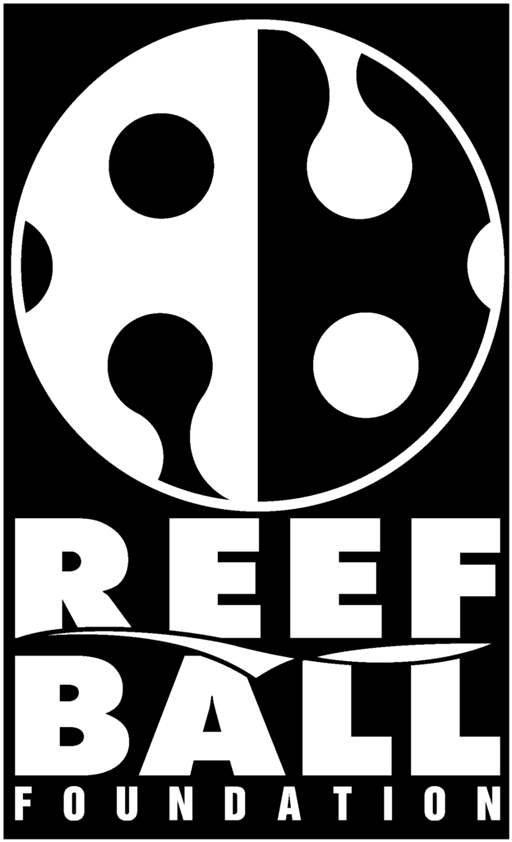about the reef ball foundation
the Reef Ball Foundation is a 501(c) 3 publicly supported non-profit and international environmental NGO whose mission is to help restore and conserve oceanic and aquatic habitats using Reef Ball technologies.
We have placed well over 1,000,000 Reef Balls™ and conducted over 8,000 projects in 80+ countries including 22 of 50 US states. Our projects include designed artificial reefs, ground-breaking coral propagation and planting systems, estuary restoration, red mangrove plantings, oyster reef restoration, erosion control, marine and fresh-water habitat protection and creation, and expert collaboration on a variety of oceanic, limnal and fluvial issues.
We work with governments, other NGOs, businesses, schools, research institutes, private individuals and community organizations and emphasize education on preserving and protecting our natural reefs, shorelines and other aquatic habitats.
For more see our Featured Projects and Impact page.
Search and Follow
Reef Ball Foundation Projects
all around the globe with the interactive
World Mapping System.
Many projects are annotated with additional
information, photographs and links for further study
Find us on Facebook at our Reef Ball Foundation public group. Follow us on our Facebook page. We also have an Instagram account for the Reef Ball Foundation.
why we do what we do
why is the ocean important?

The ocean covers 71% of the Earth's surface, contains 97% of the planet's water and no matter where you live we rely on the ocean for the air we breath. Ocean plants produce half of the world's oxygen and ocean waters absorb almost one-third of human-caused carbon dioxide emissions. The oceans also regulate the weather and form the clouds that bring us fresh water.
The value of our oceans impacts us through fisheries, coastal protection, jobs, tourism, food, transportation, medicine, our economy and just by their existence.

why are coral reefs important?
Coral reefs, often called rainforests of the ocean, are the largest living structures on Earth. They can be found around the world, bordering over 100 nations in shallow and deep waters. Approximately 850 million people live within 100 km of and derive some benefits from coral reefs. Recent studies indicate the economic value of reefs to be $375 billion US per year. Coral reefs are key to keeping the oceans healthy in addition to the economic value they provide to nearby communities and the world.
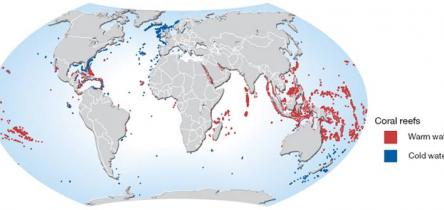
here's how their value impacts us:
Fisheries
Fishing is perhaps the most direct form of human dependence on coral reefs. Fish from coral reefs provide a significant food source for over a billion people. Coral reefs and connected ecosystems such as mangroves, seagrass and oyster reefs provide nurseries, for many economically valuable species which migrate to the oceans when mature.
Coral reefs can yield 15 tons/sq km of seafood and commercial and recreational fishing related to reefs accounts for billions of dollars per year. The (responsible) aquarium trade reaps millions more from reef fish and invertebrates.
Coastal Protection
Over 150,000 km of shoreline receive protection from violent ocean events by natural reefs. Reefs buffer wave energy, acting as natural barriers protecting coastlines, inhabited areas and lives. Areas with healthy reefs have suffered less loss of life, property and economic damage in storms. Read more here.
Biodiversity
Like rainforests, coral reefs are one of the most diverse ecosystems on earth. They support 25% of all marine life while covering less than 1 percent of the sea floor. These biologically rich ecosystems support nearly 4,000 species of fish, 800 species of reef-building corals and thousands of other species of invertebrates. See this Stanford University report on coral reef biodiversity.
Food and Jobs
Over 500 million people have some level of reliance on reefs for food, directly or through use of reef resources. 275 million depend directly on reefs for livelihood and sustenance. 30 million people are nearly totally dependent on coral reefs, not only for food and jobs but for the very land they live on. The tourism industry alone generates billions of dollars and millions of jobs directly related to coral reefs - for some locations reef-related tourism contributes more to the economy than fishing and coastal protection combined.
Medicine
As biodiversity reservoirs coral reefs offer the promise of "bioprospecting" for cures for diseases with compounds discovered and yet to be discovered. Compounds derived from reef species are used in treatments for leukemia, cardiovascular diseases, bacterial infections, viruses, cancer and more. Coral itself has been used for skin grafting materials. Read more about coral's medicinal contributions.
Economy
The worldwide economic benefits of healthy reefs - and the loss due to their degradation - are immense. Learn more about coral and reef importance here.
![]()
The increased human pressures on our ocean
and reef systems is putting a tremendous strain on the health of coral reefs. Threats include over-fishing, destructive fishing practices like bottom trawling and dynamite fishing, careless tourism, pollution, garbage, sedimentation, coral mining, climate change and ocean acidification.
Read more on natural and man-made threats to reefs, conservation efforts and what you can do to help protect the reefs we still have.
here's how we help.
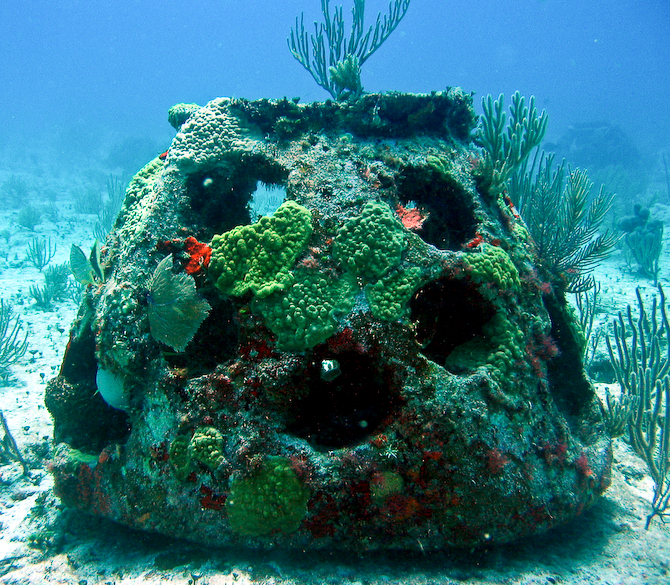

Visit Our Full Image Collection.

